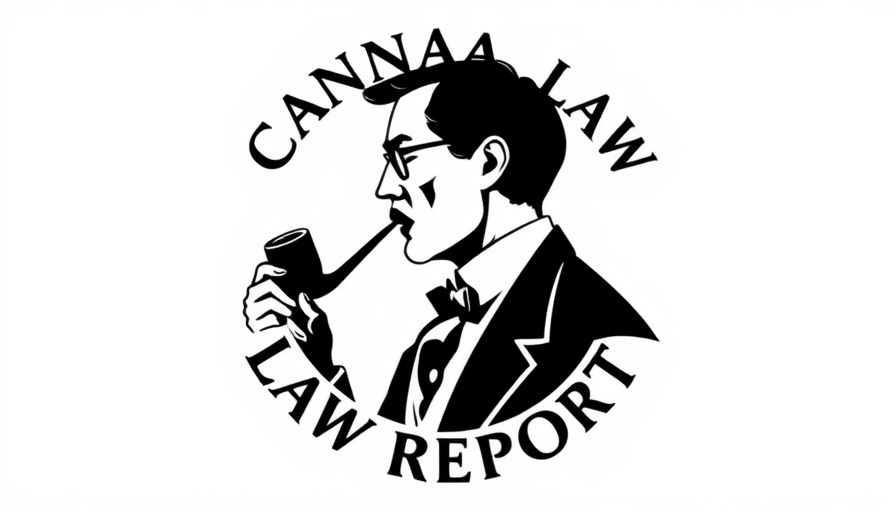
Extradition Sparks National Discussion on Drug Trafficking
The recent extradition of Guatemalan national Roberto Carlo Giron Hernandez to the United States to face cocaine trafficking charges has ignited conversations about the complexities of drug trade and enforcement efforts. Giron, accused of conspiring to distribute cocaine with knowledge that it would be imported into the U.S., was arrested on February 3 in Guatemala and now stands charged in a federal court in Miami. His case represents not just an individual facing legal challenges but a reflection of the broader issues related to drug trafficking across borders.
Understanding Operation Take Back America
Giron's case is part of Operation Take Back America, a nationwide initiative by the Department of Justice aimed at dismantling transnational criminal organizations. This operation consolidates the resources of various task forces to not just tackle drug trafficking, but also to enhance community safety and combat illegal immigration. As authorities rally to break down cartels, the question remains: how effective are these efforts in changing the landscape of drug trafficking in America?
The Human Element Behind the Numbers
Each extradition and arrest carries stories behind them — stories of people caught in the web of drug trafficking. While Giron faces serious charges, we must consider the socioeconomic pressures that drive individuals toward such paths. For many, the allure of quick financial gain can overshadow the devastating consequences of the drug trade, both for communities in Guatemala and in the U.S.
Community Impact and Engagement in Drug Policy
As the public continues to digest the implications of high-profile drug cases like Giron's, it raises an important issue of community involvement in local drug policy. There is a push for a more compassionate approach to drug-related issues, focusing on rehabilitation rather than solely enforcement. Grassroots movements are rising in neighborhoods to advocate for changes — something that goes beyond individual cases and moves toward a larger shift in how society handles drug-related problems.
Questions for Future Reflection and Dialogue
What steps can communities take to address the root causes of drug trafficking? Is stricter enforcement the answer, or should there be a focus on rehabilitation? Giron’s extradition serves as a catalyst for a deeper discussion about effective strategies in combating drug trafficking while fostering safer communities. It’s a reminder that while laws are crucial, the heart of the matter often lies in the stories of those affected by these issues.
As we watch the proceedings unfold in Miami, it's vital for individuals and communities to engage with the conversation surrounding drug laws and enforcement strategies. Understanding these issues at a grassroots level not only informs policy decisions but also strengthens community bonds.
 Add Row
Add Row  Add
Add 




Write A Comment